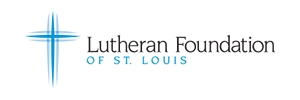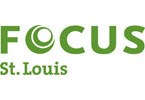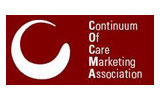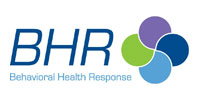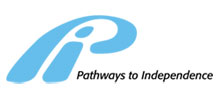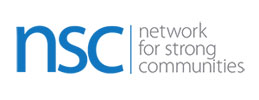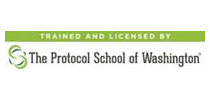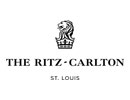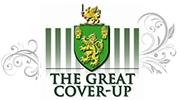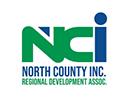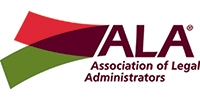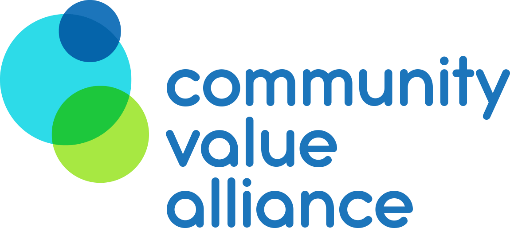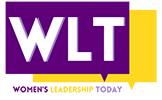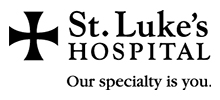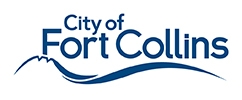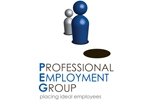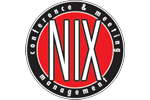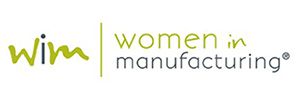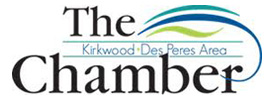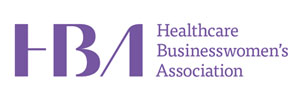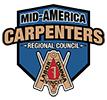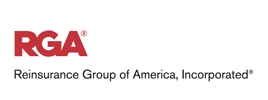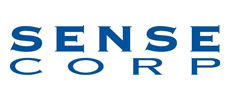
by Nancy Schnoebelen Imbs
published in ASAP
Technical skills (hard skills) are important, there is no doubt. We need them to do our jobs effectively. We go to school to learn what drives us. Whether its medicine, architecture, mechanics, administrative, finance, law, business, cyber security, – whatever it is – we need specialized skills to work in a specific job. It’s our hard skills that land us the interview or maybe even the job, but it’s our soft skills that will determine how successful we are in our career (and even in our personal life).
“Hard skills are the foundation of a successful career.
But soft skills are the cement.”
~ Dorothy Dalton
We’ve all likely experienced a professional who lacked in properly developed soft skills. They possess a great education, but their communication skills and overall interpersonal dynamics are challenging at best. It can be like talking to a robot with no human connection, or they may be on the other end of the spectrum – dramatic and explosive.
A doctor, for example, who has no “bedside manner” lacks the essential communication and emotional skills to relate to a patient and put him/her at ease. The boss who wants everything yesterday, not understanding one’s over-loaded work plate, lacks patience, empathy and self-awareness. These undesirable soft skills do not help to build rapport, collaboration or leadership. Plain and simple, a lack of strong soft skills can stunt your career.
As with technical skills, soft skills can be learned. When you develop your soft skills (really develop them), the sky is the limit. You send an email, and it gets answered right away. You ask for help on a project, and you get it. Others want you on their team. You’re like a rock star in high demand.
The following seven soft skills can help elevate your career, branding you as a consummate professional.
- Empathy The cornerstone of leadership. This soft skill should be a pre-requisite for any hire, no matter level of experience. Understanding one’s feelings and situation allows you to better communicate, build rapport and trust. The practice of “walking in other’s shoes” has a compounding and reciprocal effect in relationship and business success. Empathic people make excellent leaders.
- Humor Having the ability to poke fun at yourself and a situation is an admirable soft skill. Humor can lighted the load and make for an enjoyable workday. Studies suggest a sense of humor can improve your leadership skills along with your mental and physical health and boost your attractiveness. What’s more, people like to work with people who have a sense of humor.
- Kindness Kindness impacts your life and others. Think about a time someone was kind to you. Perhaps they treated you to lunch, sent you a thoughtful email for no reason or held the elevator for you as it was closing. I’m sure their kind act made you feel good. The same feeling holds true if you do something nice for someone else. You feel good for making someone smile. There are many ways to be kind. When making kindness a part of your DNA, you’ll work more effectively, and others will want to work with you.
- Problem Solving Having the ability to solve problems no matter how big or small is a skill that defines leadership and can advance your career. A skilled problem solver doesn’t act stressed or irrational, rather he/she looks at the issue open mindedly and confidently develops a solution or options. Organizations look for this important skill in their hires. When you can problem solve, you’re able to communicate effectively and take initiative, great soft skills that work hand-in-hand with problem solvers.
- Active Listening When you become a proficient listener, you’re able to understand the essence of the message, verbally and nonverbally. Active listening lets you get at the root of the conversation, allowing you to respond effectively. You consider all the verbal and nonverbal cues, ask clarifying questions and go about the conversation without misunderstandings. Active listening is a skill that builds trust and credibility.
- Honest If you want to lose trust from your co-workers, then being dishonest is a surefire way to do it. Honesty is such an important skill yet can be so difficult to master. Many people fear they will hurt someone by giving honest, unfavorable feedback, so they don’t do it. Others are dishonest with themselves because they don’t want to do something (like going to lunch with a co-worker) but do it anyway. Honesty is an admirable skill. We tend to have enormous respect for someone who “walks the walks and talks the talk.” What’s more, respect and integrity are components of this important soft skill.
- Courage How courageous are you? Are you a risk taker? Can you do or say what is right despite fallback? Winston Churchill said, “Courage is what it takes to stand up and speak; courage is also what it takes to sit down and listen.” Courage is doing the right thing, keeping your moral compass in check and taking a stand consistent with your values. At times, it can be easy to be courageous, and at other times, not so much. When you demonstrate courage, you’re showcasing good character and respect.


